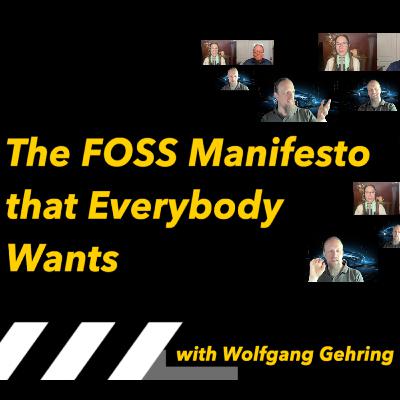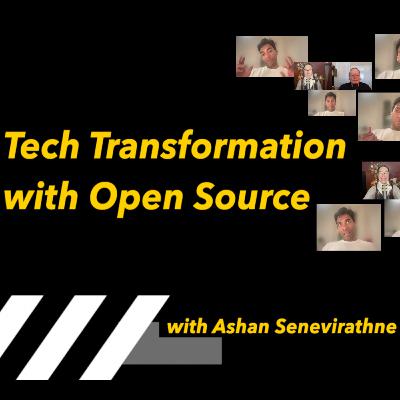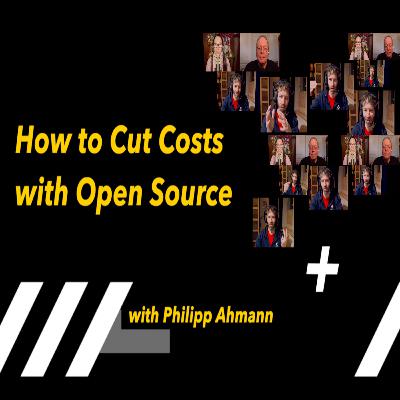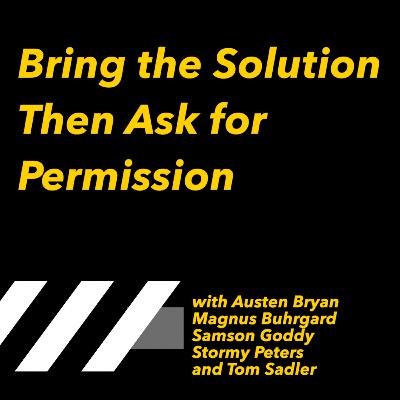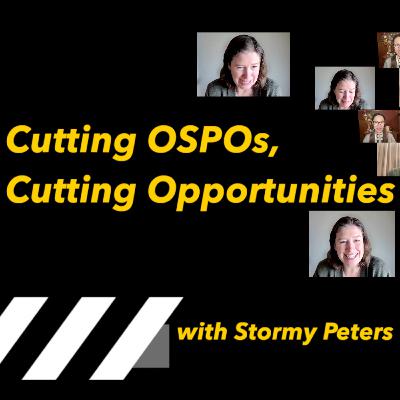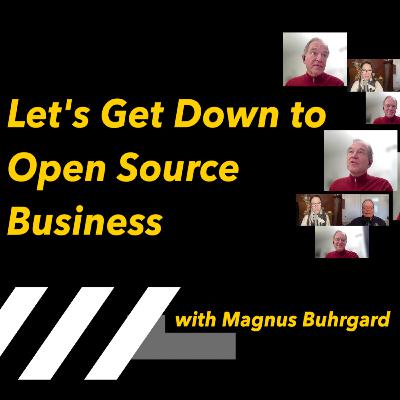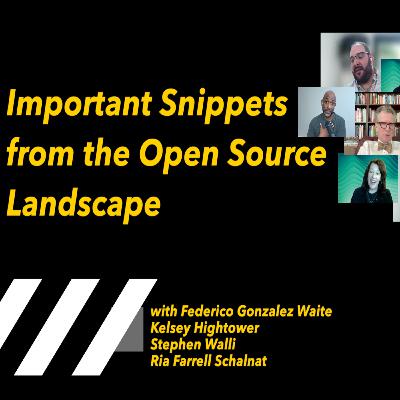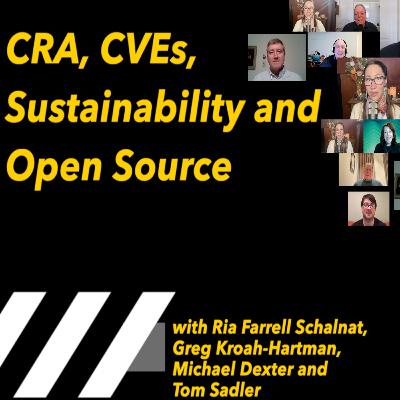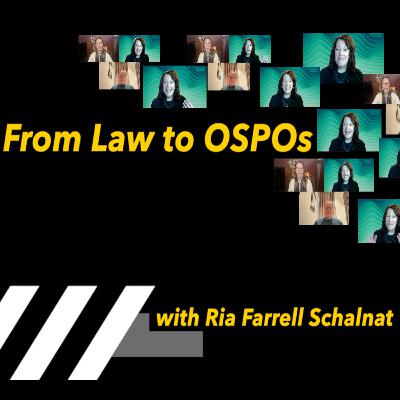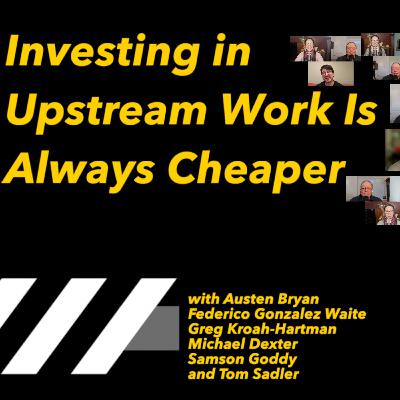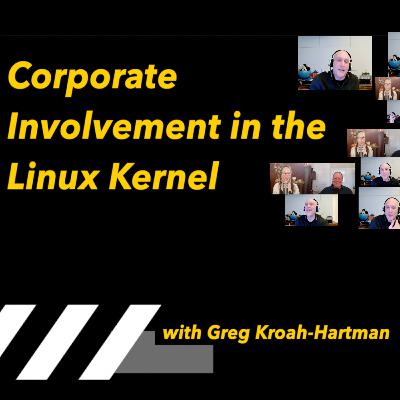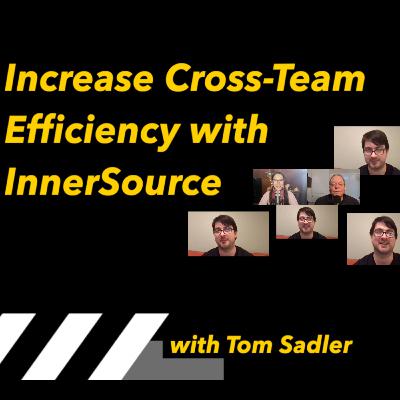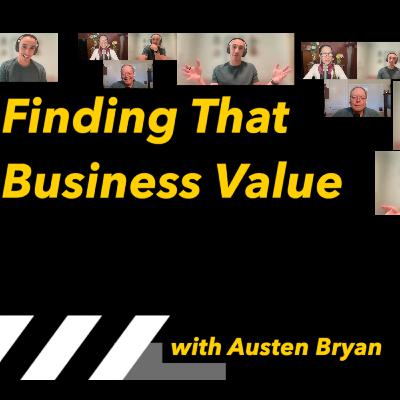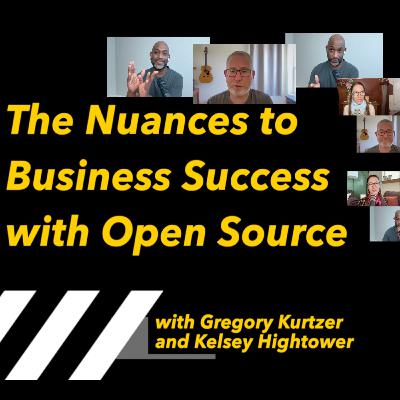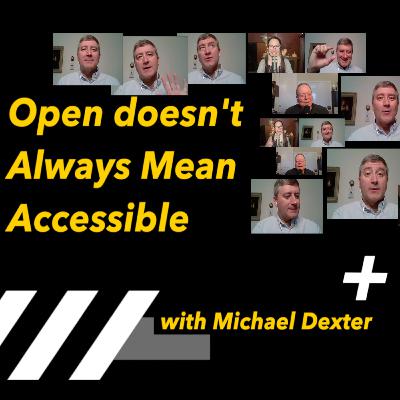
My Open Source Experience Podcast
Author: Ildiko Vancsa
Subscribed: 2Played: 40Description
The global open source ecosystem has millions of projects and observing and participating individuals, who are trying to find their ways to collaborate on activities and finding solutions to fulfill a shared mission. An ecosystem that large inevitably has challenges to remain a balanced, sustainable and welcoming environment.
The My Open Source Experience Podcast collects and shares stories that describe people's experiences from their point of view. All experiences matter, the good, the bad, lessons that you've learned and challenges you still have.
Your host, Ildiko Vancsa, is talking to open source, veterans, newbies, their managers, and just really, anybody who is either already involved in the open source ecosystem, or would like to. This podcast is all about the individuals, their voices and their experiences and what they've been through ever since they started to think about or getting involved in open source.
The podcast is under the CC BY 4.0 license.
Hosted on Acast. See acast.com/privacy for more information.





